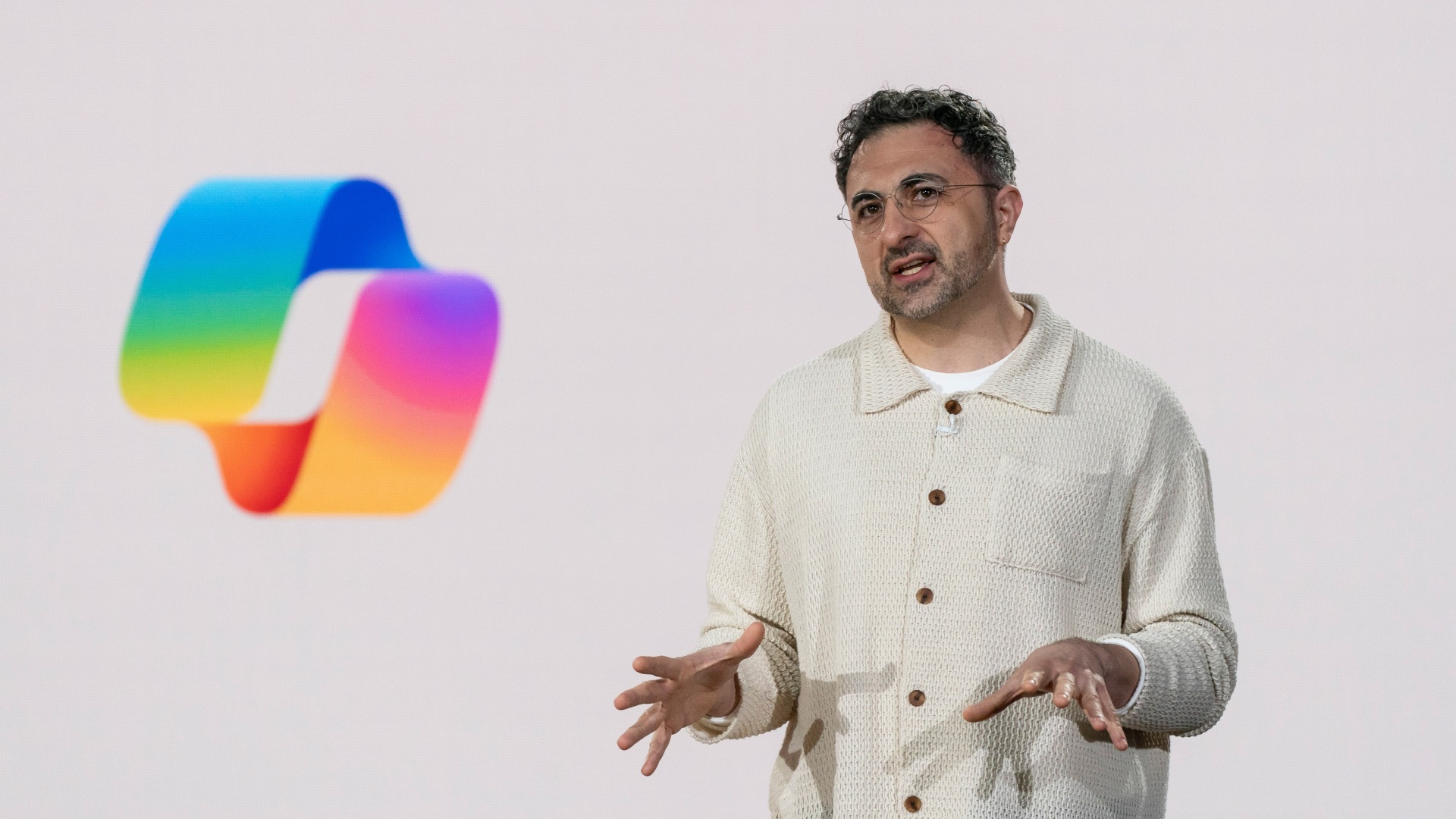How Apple and Google are redefining the PC
Smartphones have changed the face of personal computing. Google and Apple are marketing Chromebooks and iPads to optimize on that reality.
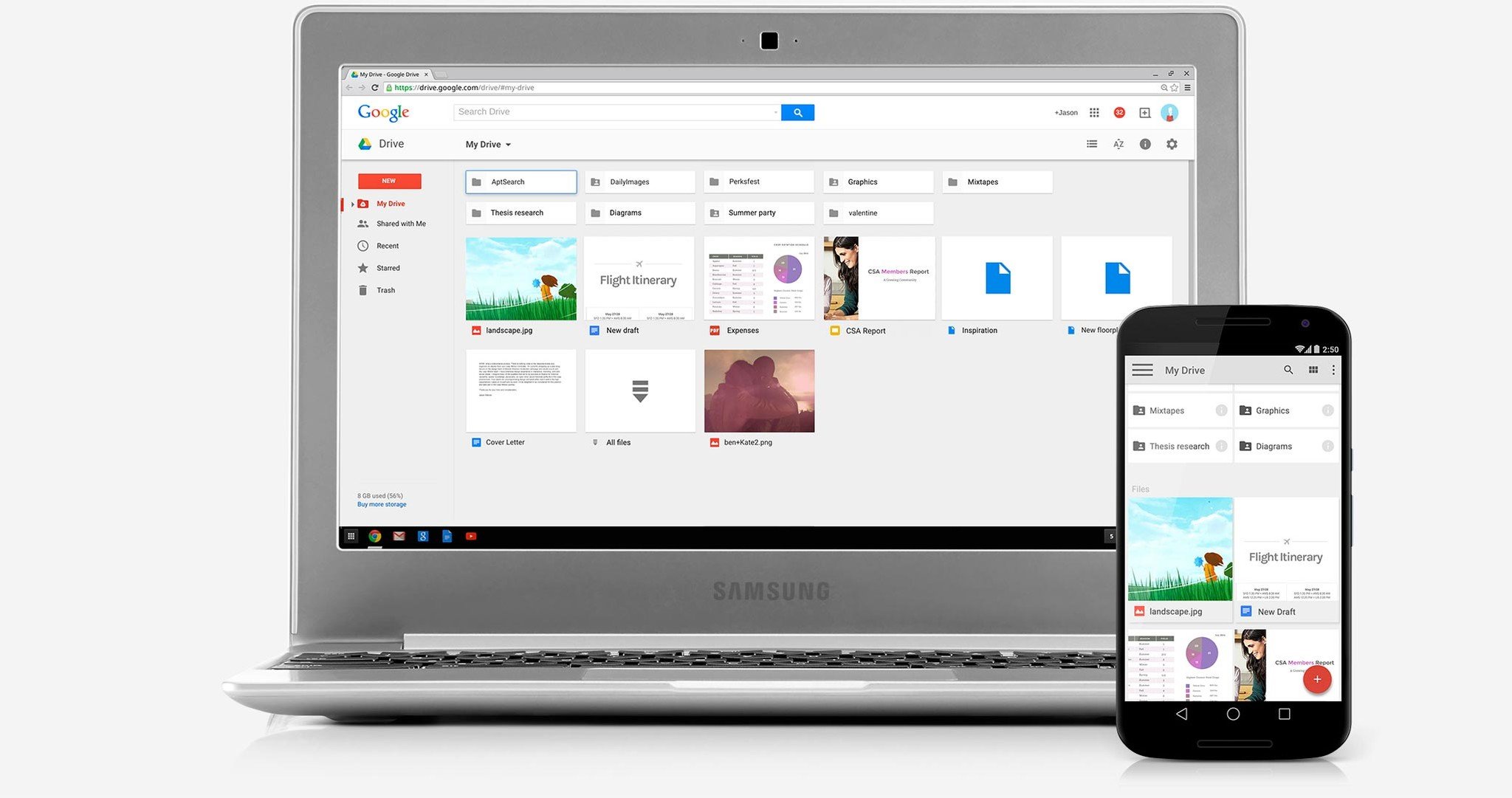
All the latest news, reviews, and guides for Windows and Xbox diehards.
You are now subscribed
Your newsletter sign-up was successful
Personal computing used to be what we did at a desk in front of a big monitor, using a keyboard and a mouse that were connected to a bulky mass tethered to a wall outlet.
Sometimes you had the freedom of a laptop, but whatever the device, it almost always ran Windows.
While it's true that scenario still exists for over a billion people, it's also true that for a billion people most personal computing means using apps and the internet on smartphones or tablets that run Android, iOS or even Chrome OS (in U.S. education), not Windows.
Google challenges the old way of doing things
Google recently challenged the old way of personal computing in a Chromebook ad. The ads focus on the "new" way of computing that smartphones normalized for hundreds of millions of people, highlighting a problem Microsoft faces. Though PCs have a place and won't be going anywhere anytime soon, many consumers who "live in" apps and online don't need the power of a PC most of the time.
The ad kicks off with the statement: "If you're over the old way of doing things. If you wish computers were more like phones." Clearly, the old way of doing things referenced is personal computing on Window PCs using legacy or Win32 programs. The truth is that many people can go through a whole day (a week or a month) without using a Windows PC. And many who use one daily do so for work, school or some other task.
Many people don't need the power of the PC most of the time.
While this is good news for Microsoft in regards to the PCs role in relation to productivity, its bad news in other respects. The PCs place as a leisure or "low-impact" personal computer for emailing, web-surfing, messaging and the other "all day stuff" we do have been usurped by smartphones and tablets running iOS and Android. The PC, for most people, is too much power for such light-weight tasks. The "weight" of Windows and complexity of Win32 programs have been readily exchanged for light-weight mobile platforms and the simplicity of apps.
It is that OS and app simplicity and always-connected personal computing we've grown accustomed to in the last decade that Google is appealing to when it says: "If you wish computers were more like phones."
All the latest news, reviews, and guides for Windows and Xbox diehards.
Defining the PC
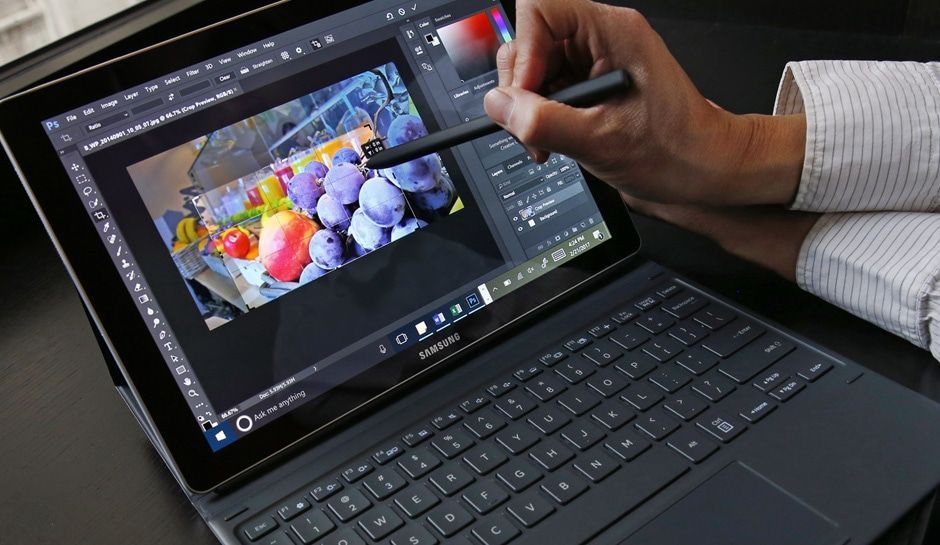
The Windows desktop experience has been under assault ever since the consumer-facing smartphone was popularized. Light-weight personal computing tasks have moved organically from the robust, sedentary desktop environment to the lean mobile space. Additionally, incremental increases in smartphone processing power and app versatility have progressively made the desktop even less important to daily personal computing needs.
Still, the desktop, dominated by Microsoft and Windows, has remained a necessity for a range of complex tasks smartphones and tablets still cannot accommodate. These tasks, however, are usually specific to particular industries, workloads or niche spaces. For the everyday user the full power of a PC, though welcome when needed, is an infrequent requirement.
Admittedly, Android, iOS, and even Chrome OS are not powerful or versatile enough to handle the full range of PC tasks users and enterprise may require.
Redefining the PC
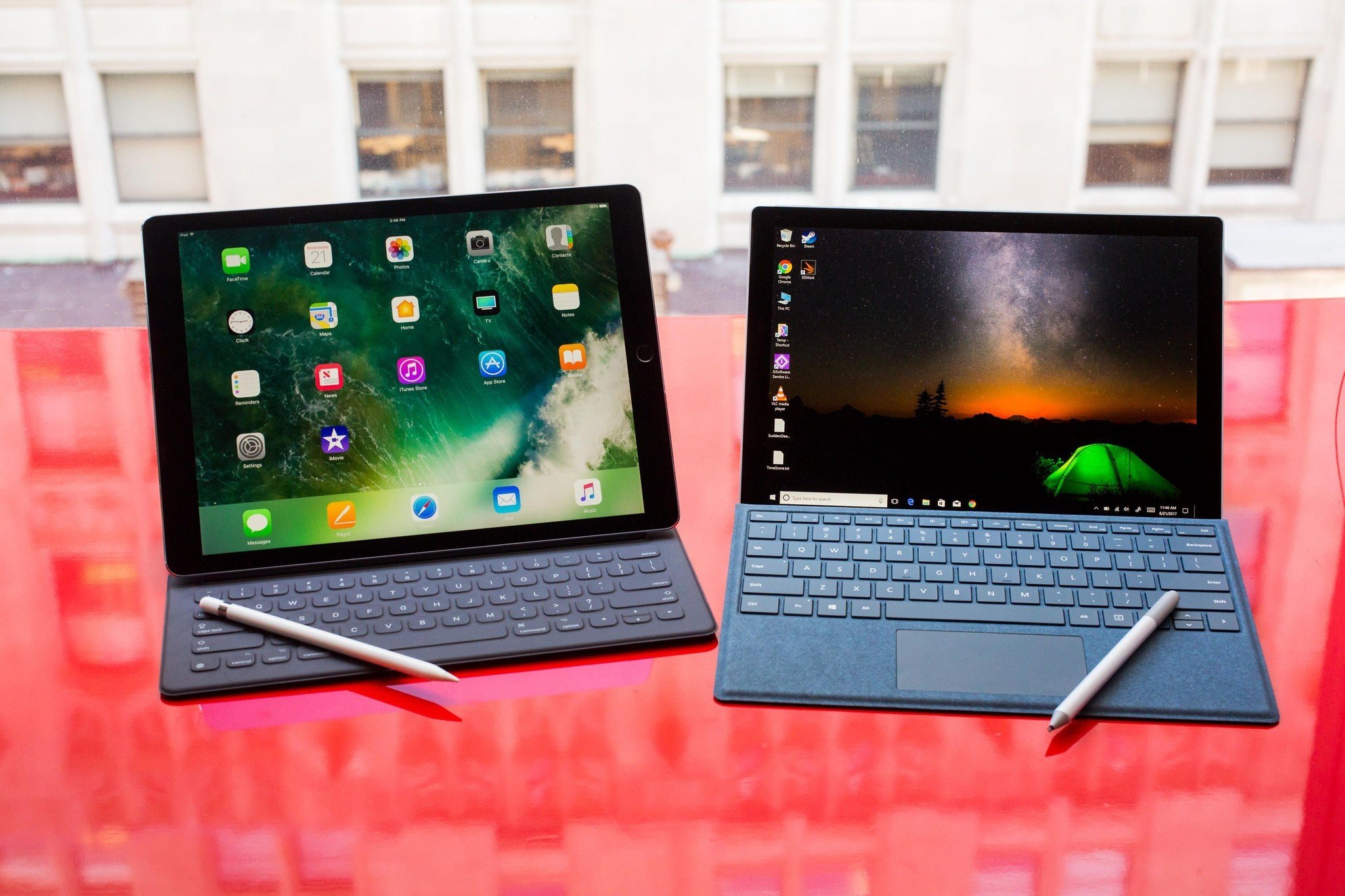
Over the years Apple and Google have positioned tablets and laptops running their mobile platforms or Chrome OS as alternatives to Windows PCs. Microsoft has frequently shot back by leaning on our collective knowledge of what a computer is and our experiences of how we've historically used them.
That historic perception of personal computing was birthed and sustained over the decades in an environment where there was virtually no other concept of what personal computing could be. Ideologically and in practice personal computing was what we did on Windows PCs (or Macs). Microsoft can no longer lean on that. Personal computing is now also something we do on always-connected smartphones and tablets running a mobile OS and apps.
Google and Apple are leveraging the smartphone personal computing paradigm to position desktop experiences.
Both companies concede in recent ads (though not explicitly) that iOS on iPad Pro and Chrome OS on Chromebooks won't serve the full range of PC tasks that Windows PCs accommodate. Past claims by both companies that iPads and Chromebooks are PCs have been rebuffed by Microsoft which leveraged the legacy definition of a PC.
Now, rather than taking on PCs head-on, based on that historical definition, Chromebooks and iPads are being positioned on the foundation of how most people are experiencing personal computing since the mainstreaming of the smartphone.
Changing of the guard?
Whereas Google blatantly uses the phrases, "If you're tired of the old way of doing things. If you wish your laptop was more like a smartphone," Apple's ad, demonstrates desktop and mobile computing via an iPad as a challenge to the old way of doing things. In the ad, a girl using an iPad (which runs a mobile OS popularized by smartphones) does a variety of personal computing tasks. When an older woman asks her what she's doing on her computer, the girl responds with, "What's a computer?"
Apple and Google suggest Windows PCs are a relic from the past.
The brilliance of the ad is that it uses a woman who apparently lived through the "Windows personal computer era" and acknowledges the iPad as a computer. By using the "voice" of a user, Apple evades claiming the iPad is a computer but suggests it is indistinguishable in function from one. The girl, who grew up in an era dominated by mobile OS personal computing, is blissfully unaware of the term "computer." The experiences simply work for her.
Microsoft moving Windows forward
Still, this strategy leaves a gap where specific PC tasks are beyond Chrome OS, Android, and iOS in desktop scenarios. Consequently, Windows PCs still have a place. Can Microsoft leverage Windows 10, and features like Sets, to make the Windows desktop more like the web-based experiences many of us live in and which Google exploits via Chromebooks?
Will Progressive Web Apps (PWA) and the Westminster app bridge transform the app experience on Windows 10 to feel more like the mobile experience that Apple and Google are leveraging? Finally, can Core OS and CShell extend Windows 10 to fill the mobile gap in Microsoft's armor?
If Microsoft can make this tremendous uphill climb, its strategy conceptually fills the full range of desktop computing Apple and Google cannot, while positioning a mobile presence that will have a minimal immediate impact even if successful. Still, weaknesses in Apple, Google and Microsoft ecosystems prevent any one company from executing a comprehensive strategy encompassing the mobile and desktop spaces, however.
Microsoft's Core OS strategy is an ideologically different approach than the competitions
Windows as a web-like service
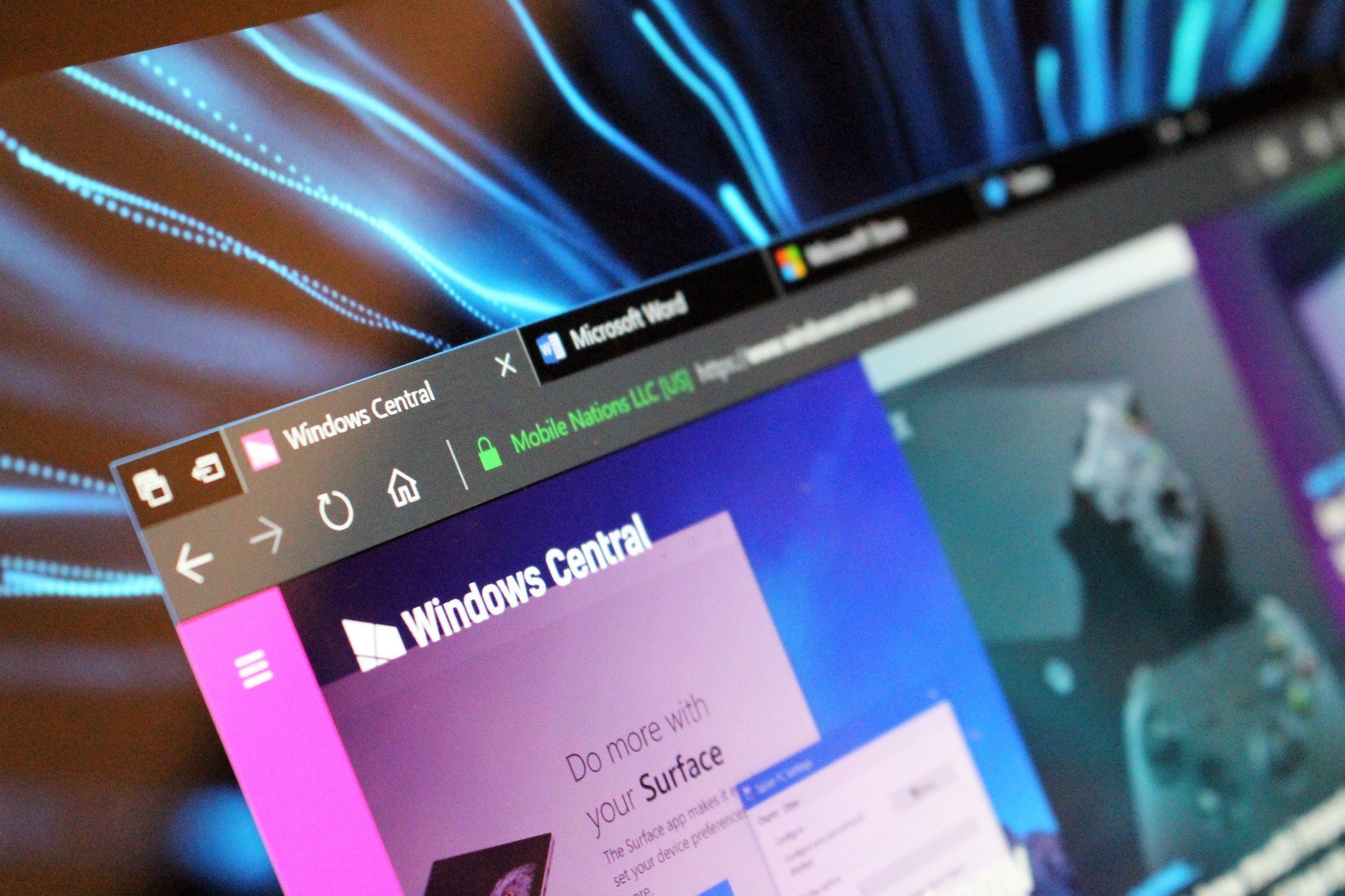
Apple and Google's attempts to redefine the PC based on the mobile experience can potentially begin to resonate with consumers. If so most consumers may "forget" about the more complex computing Windows is capable of since basic computing is good enough for most people most of the time. Particularly with the support of Microsoft's cross-platform efforts.
Making Windows 10 more like a web-based experience may be one of Microsoft's best defenses against Apple's and Google attempts to redefine the PC.

Jason L Ward is a Former Columnist at Windows Central. He provided a unique big picture analysis of the complex world of Microsoft. Jason takes the small clues and gives you an insightful big picture perspective through storytelling that you won't find *anywhere* else. Seriously, this dude thinks outside the box. Follow him on Twitter at @JLTechWord. He's doing the "write" thing!
